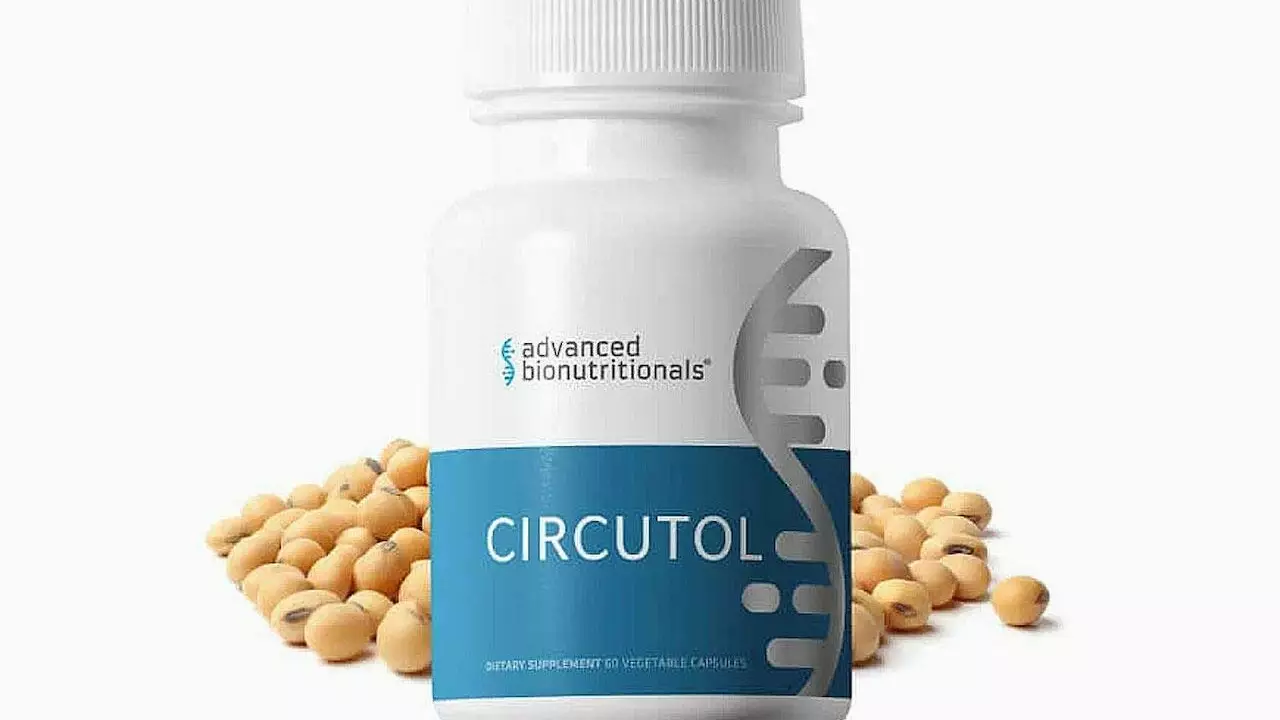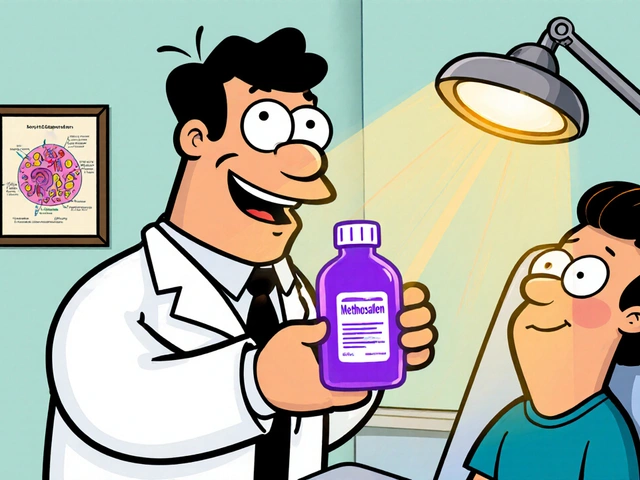Lithium — what it does, how to use it, and how to stay safe
Lithium is a simple metal that became one of the most effective treatments for bipolar disorder. It stabilizes mood, lowers the chance of suicide, and can help with depression when other drugs don’t work. But it has a narrow therapeutic window, so you need to know how to take it safely.
How lithium is used and typical dosing
Doctors prescribe lithium as lithium carbonate or lithium citrate. For maintenance in bipolar disorder, blood levels are often kept around 0.6–1.0 mmol/L. For acute mania, levels may target 0.8–1.2 mmol/L. Adult dosing varies a lot—some people do well on 300 mg twice daily, others need multiple doses. Your prescriber adjusts dose by checking blood levels.
Start low, go slow. Levels should be checked 5–7 days after starting or changing dose, then again once steady. After that, stable patients usually get checks every 3–6 months. Pregnant women, older adults, or anyone with kidney problems will need more frequent monitoring.
Side effects, monitoring, and interactions
Common side effects include mild tremor, thirst, increased urination, nausea, and weight gain. Long-term use can affect thyroid function and kidneys—so baseline and periodic checks of creatinine, eGFR, and TSH are standard. If you feel more tired, cold, or notice swelling, ask your doctor to check thyroid levels.
Watch for lithium toxicity: worsening tremor, severe nausea or vomiting, diarrhea, confusion, unsteady walking, or seizures. Those are red flags—get urgent medical help and bring your medication details. Because lithium is cleared by the kidneys, anything that reduces kidney function or changes salt balance can raise lithium levels.
Common drug interactions to remember: NSAIDs (like ibuprofen), ACE inhibitors, ARBs, and thiazide diuretics can raise lithium levels and increase toxicity risk. Loop diuretics and acetazolamide have less predictable effects. Stay on a consistent salt and fluid intake—sudden low-salt diets or dehydration can spike levels. Don’t double doses if you miss one; check with your provider instead.
Pregnancy and breastfeeding need special planning. Lithium slightly raises the risk of a rare heart defect (Ebstein’s anomaly) in the baby, but the absolute risk is low. Many clinicians weigh the risk of relapse against the small birth defect risk and monitor closely if lithium continues during pregnancy. Talk to your prescriber before stopping or starting lithium if you might become pregnant.
Practical tips: take lithium at the same times each day (food helps stomach upset), keep hydrated, carry a list of your meds, and get regular blood tests. If you switch doctors or travel, make sure someone knows your last lithium level and dose. With the right checks and common-sense habits, lithium can be a reliable tool for long-term mood stability.





